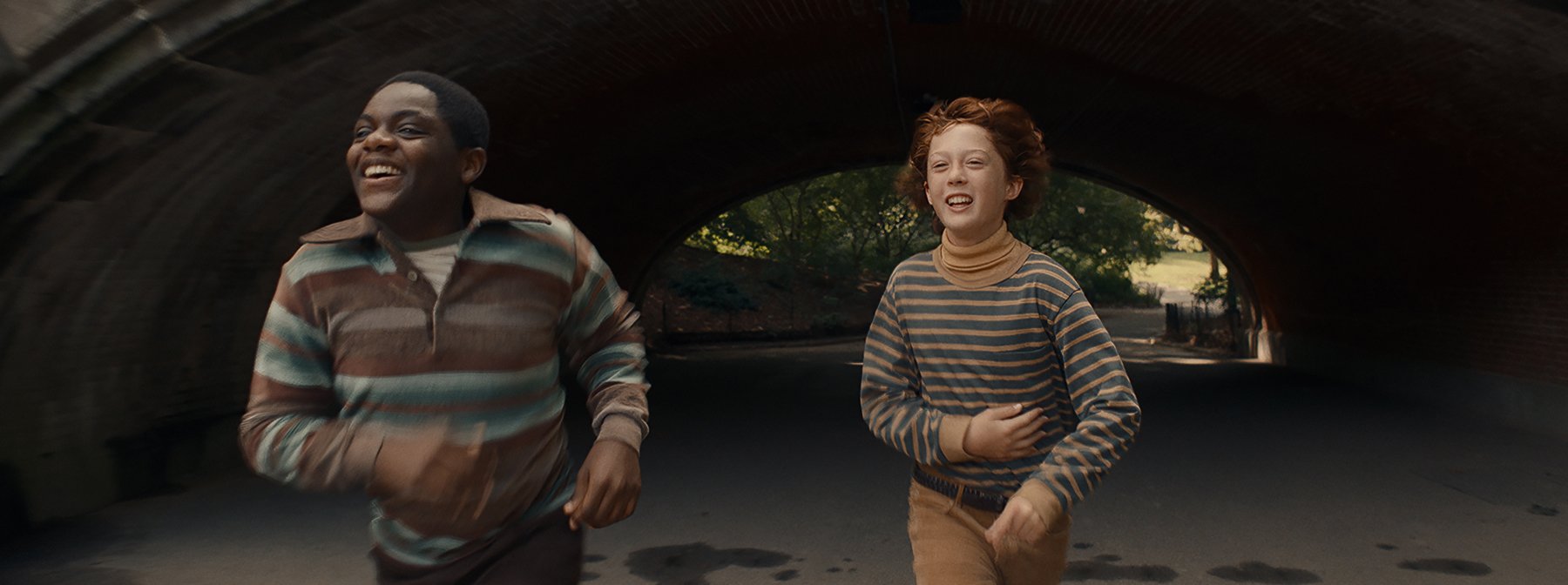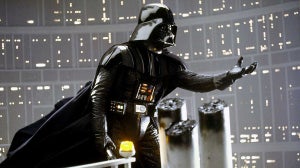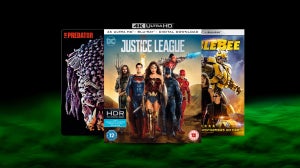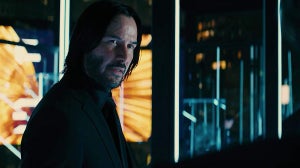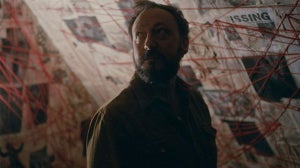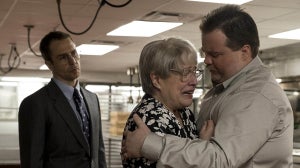
Over the past decade director James Gray has taken us to the deep wilderness of the Amazonian jungle in The Lost City Of Z and to the depths of space with star Brad Pitt in Ad Astra. Now he is returning to his native streets of New York City for Armageddon Time, his most personal film to date.
An autobiographical coming-of-age tale that follows a young boy as he grows up in Queens during the 1980s, it’s a humble, empathetic story of family, class divide, and the generational pursuit of the American Dream.
It’s arriving in cinemas at a time where many auteur filmmakers are releasing features inspired by their own lives: Steven Spielberg’s The Fabelmans, Alejandro G. Iñárritu’s Bardo, and Sam Mendes’ Empire Of Light to name a few. But why was now the right time for Gray’s homecoming?
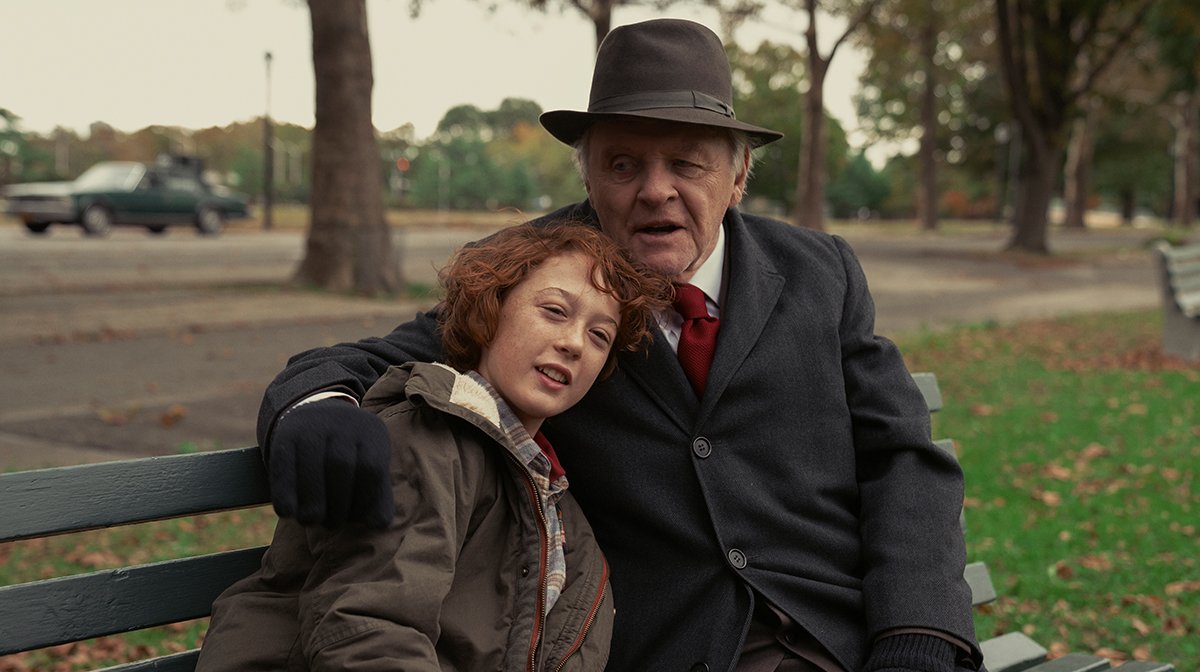
As the director revealed to Zavvi, it was partly a reaction to his experiences making his recent films which explored strange, vast worlds that left him asking a very important question – “what do I love about cinema?”
Gray explained: “Maybe it was connected? I’m very proud of Lost City and it was an incredible experience, but it almost killed me – not just the Amazonian part, but the UK stuff too. That World War I sequence was absolute murder, physically. I had a great time doing it, but it was physically wearying.
"And Ad Astra was you know, Brad Pitt in a green box hanging from wires. I said to myself – ‘what is it that I love about cinema? What is a thing of beauty in the movies? What does beauty mean?’
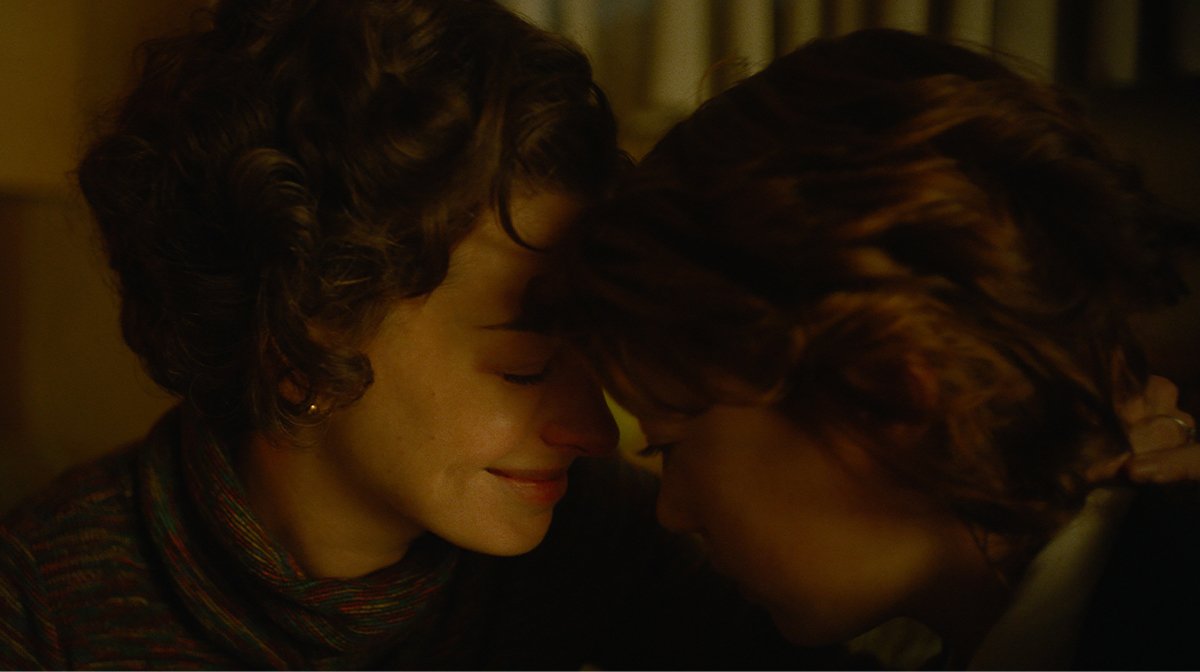
"Beauty isn’t pretty, it’s not the same thing. Beauty comes when you reveal yourself, all of your flaws and attempts at being something greater.
"So, I wanted to do something warts and all about myself saying, ‘here I am, I’m going to show you everything that I am, for better and for worse’. It’s not an entirely positive portrait of that kid and unfortunately that’s pretty accurate.”
Armageddon Time is indeed deeply honest, being a “warts and all” portrayal of not just Gray himself but his whole family. We see multiple sides to young Paul (Banks Repeta), mother Esther (Anne Hathaway), and father Irving (Jeremy Strong) as the film follows this family as they navigate a world of privilege, class divide, prejudice, and inequality.
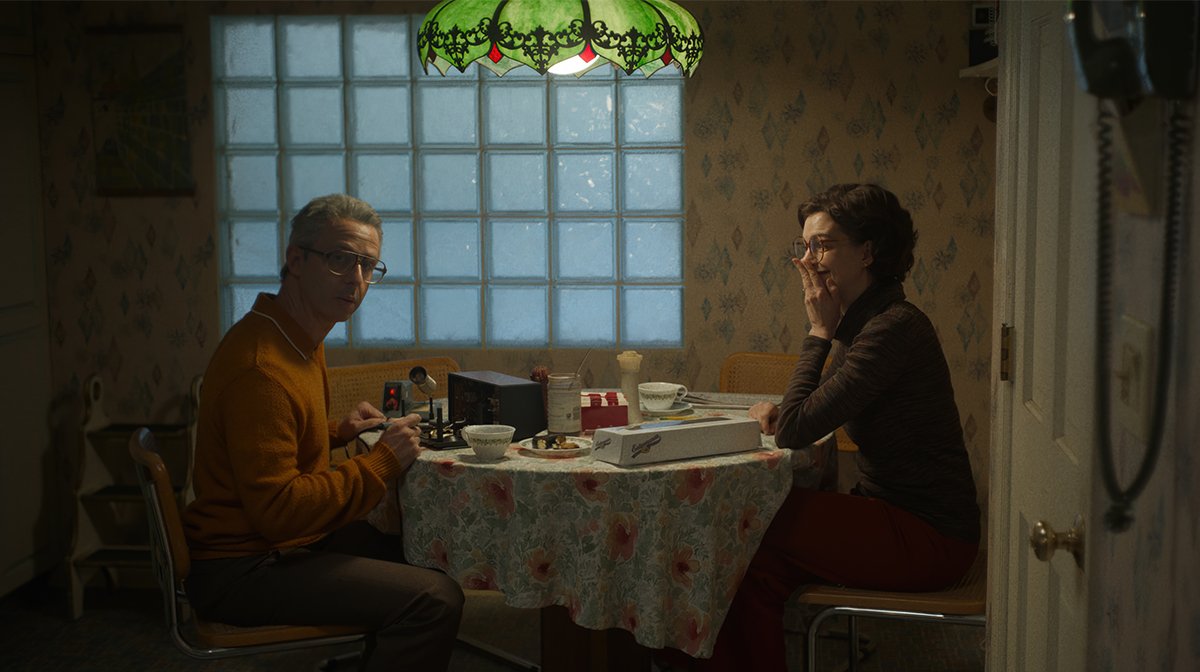
When asking Gray if this authentic and truthful approach was liberating in any way, his answer admittedly surprised me: “I love you for asking that, but I wouldn’t say it was liberating at all as if anything, I feel dumber now than I did when I was 30.
"When I was 23, I thought I knew everything! I’ve realised that there are all these questions – the world, history, and our identities are unendingly complex.
"That’s not cathartic. That’s not easy. There are no answers. There’s no redemption. All of that went into the film so if anything, I’m more troubled than I used to be.”
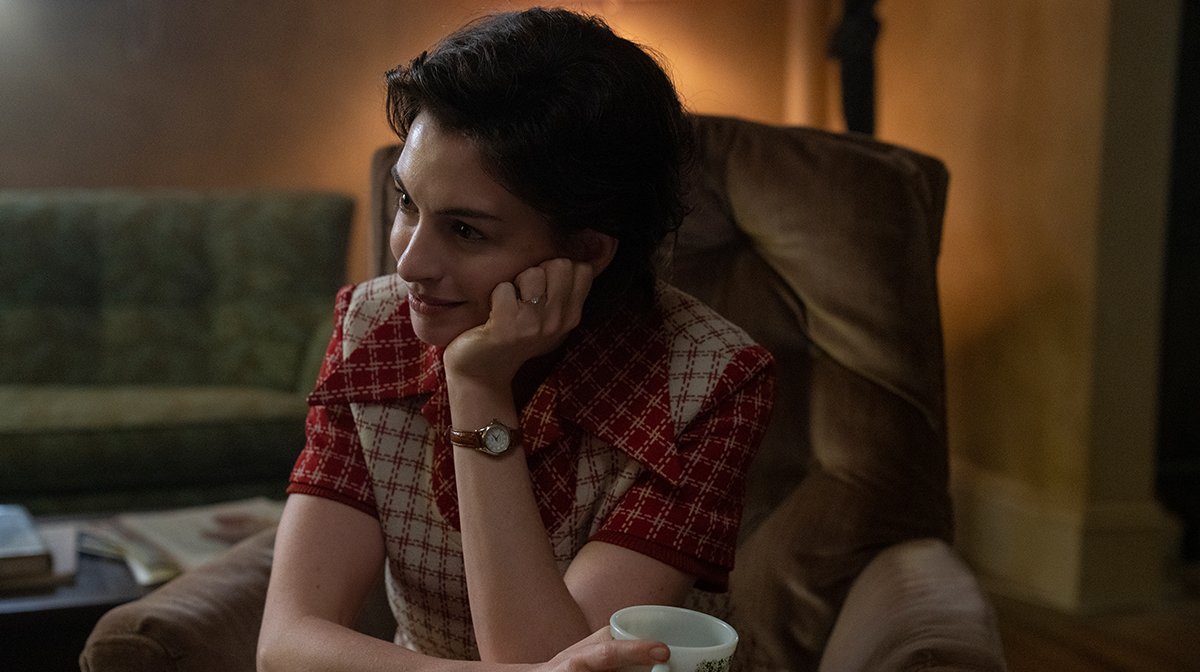
This does come through in the movie which can be described as a troubling watch at times, in the sense that nothing has changed in regards to the issue of inequality.
Although it is a period piece, Armageddon Time doesn’t always feel that way, as the society we see on-screen could easily be ours today.
Whilst writing the screenplay Gray was very aware of this, arguing that perhaps due to the advancement of capitalism things have only gotten worse:
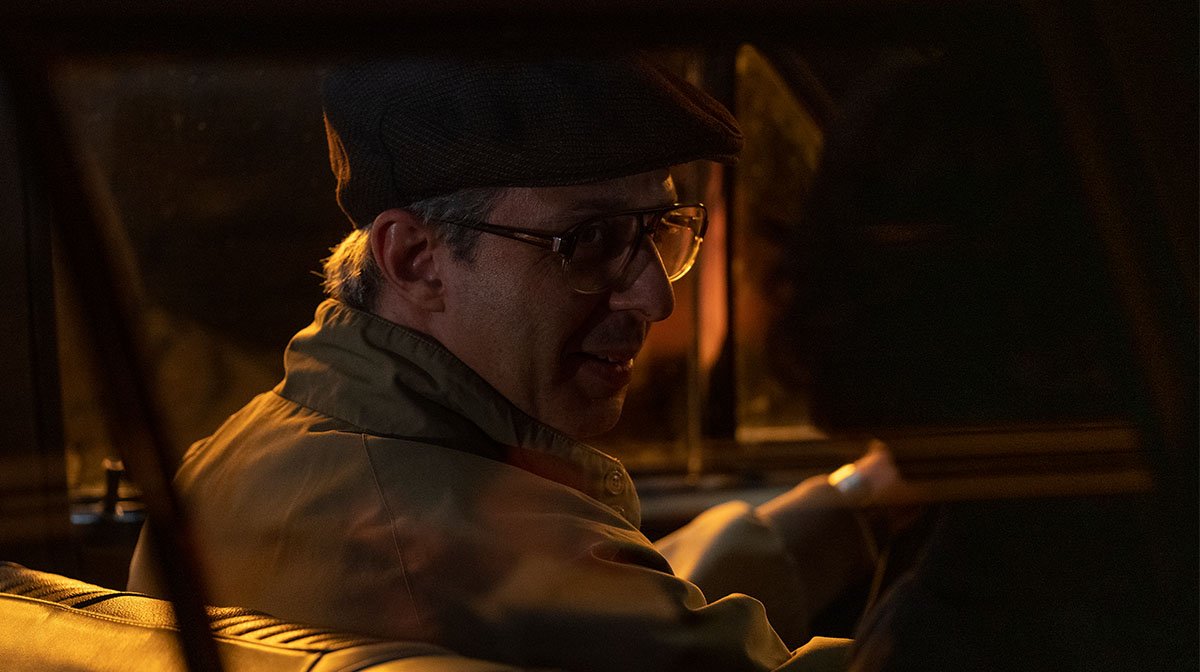
“One of the underrated aspects of privilege is that if somebody’s on the way up, it means somebody else is on the way down. In capitalism, you can be both oppressor and oppressed at the same time. Every action you take has ethical, moral consequences.
"For example, I took my son to buy some new sneakers recently as his feet had grown, but buying those shoes has consequences as they were likely made by a kid in somewhere like the Philippines. Buying those sneakers is an act of ethical compromise.
"As soon as you realise that’s the case, everything becomes fraud. The systems under which we live have existed since the beginning of time and have only gotten more advanced. So, when we talk about today, it’s no different than 1980.”
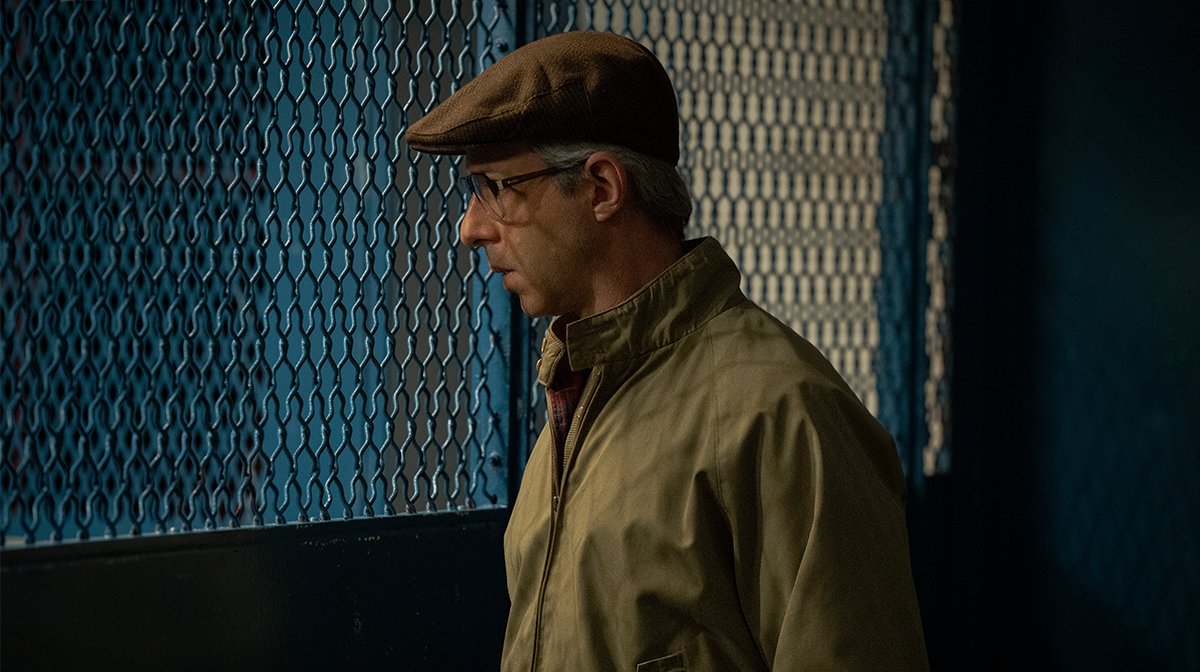
Whilst the film explores these important social issues, it is in no way preaching at its audience or is moralising. No comments, judgements, or resolutions are offered, instead society is simply depicted as it is.
That’s because Gray believes the role of artists is to paint a picture, shine a light, leaving it to others to offer solutions. He explained:
“Answers are best left to theoreticians, social scientists, politicians. The role of the artist is to show who we are and who we were, for others to then draw conclusions.
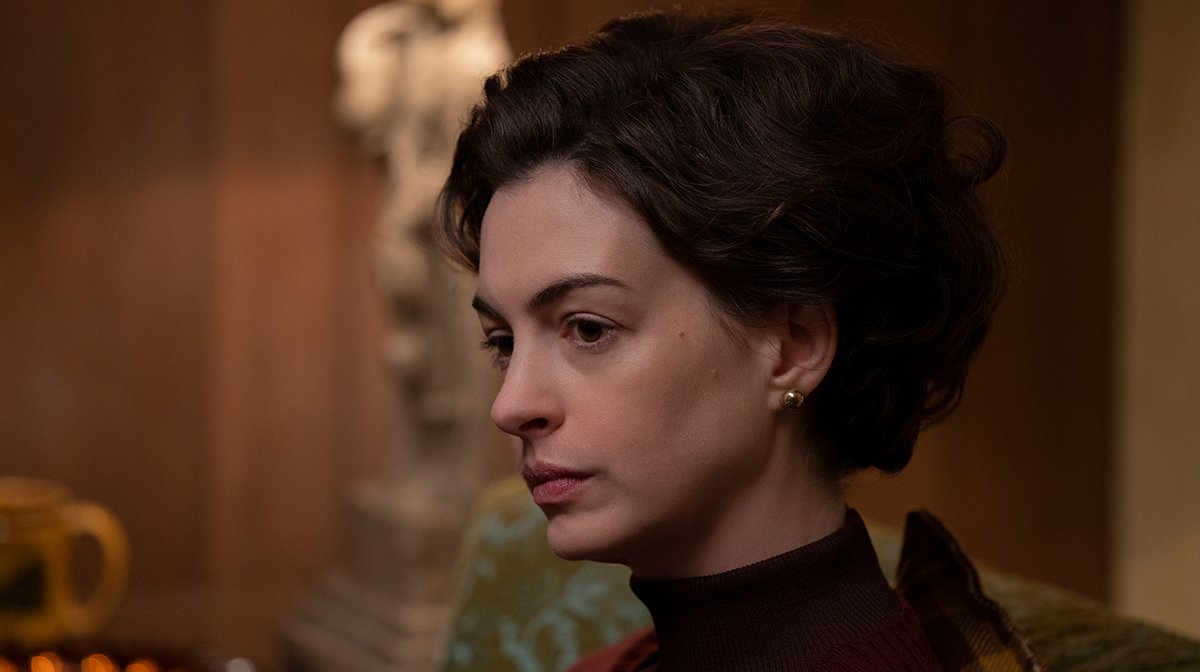
"I view art as in some ways my version of religion. I’m not a religious person and in an increasingly secular world where we tend to avoid moral or ethical teachings, I think art shows us the way to compassion. If you give an answer, it means you think you have an answer, which is an act of hubris.”
Although there is a bleakness to Armageddon Time as it looks at these challenging themes, it’s also a film with plenty of heart, tenderness, and laughter, especially through the loving relationship between Paul and his grandfather Aaron (Anthony Hopkins).
During production Gray wrote four words down on pieces of carboard, taping these to his camera as a reminder to continually bring in elements of “love, warmth, humour, and loss” which for him would define the film. But why these four words exactly?
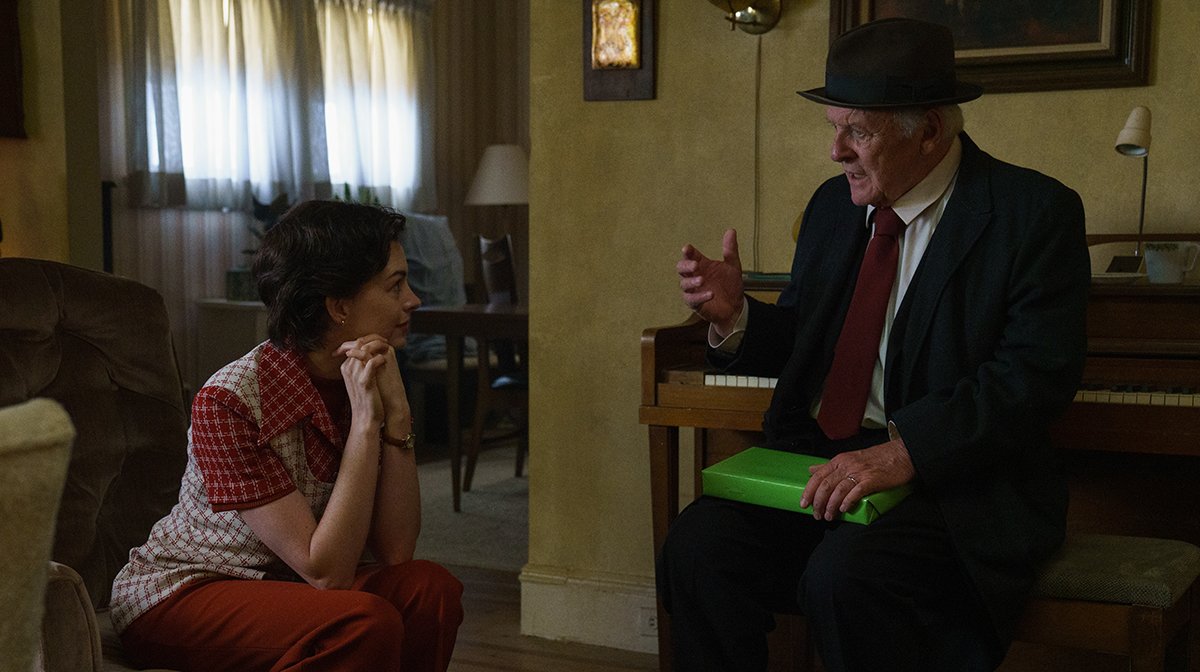
The filmmaker emphasised to us each one brought something different yet important to the story: “I felt that my previous work didn’t have enough humour in it, so I wanted to make sure this had some – not that the ending would be funny, but there would be some laughter along the way.
"Life is humour and sadness in equal measure. There’s a quote, ‘life is a comedy for those who think and a tragedy for those who feel’ - but actually it’s both.
“Loss was important too. Not loss of innocence, which I don’t believe in, but a feeling of loss like the idea that time is the great equaliser.
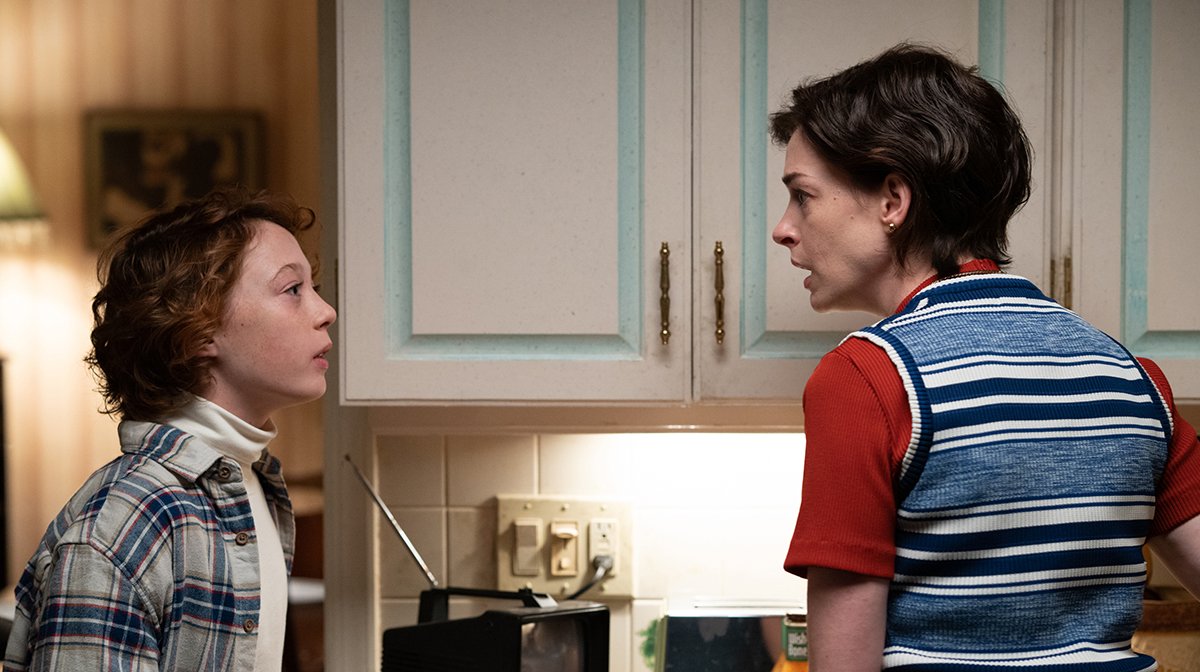
"Through all this noise that we live through, in the end the house always wins. You just have your little moment to contribute best you can. I thought loss was the most important of those words.
"The other words – warmth and love – they are important in art. I didn’t want to get bogged down in making something leaden or moralising. We don’t have answers and in the absence of that, we have love.
"The Beatles taught us that. They were smarter than anybody. We’re all in this together and I wanted to make sure the film communicated that, not to point fingers, but to include.”
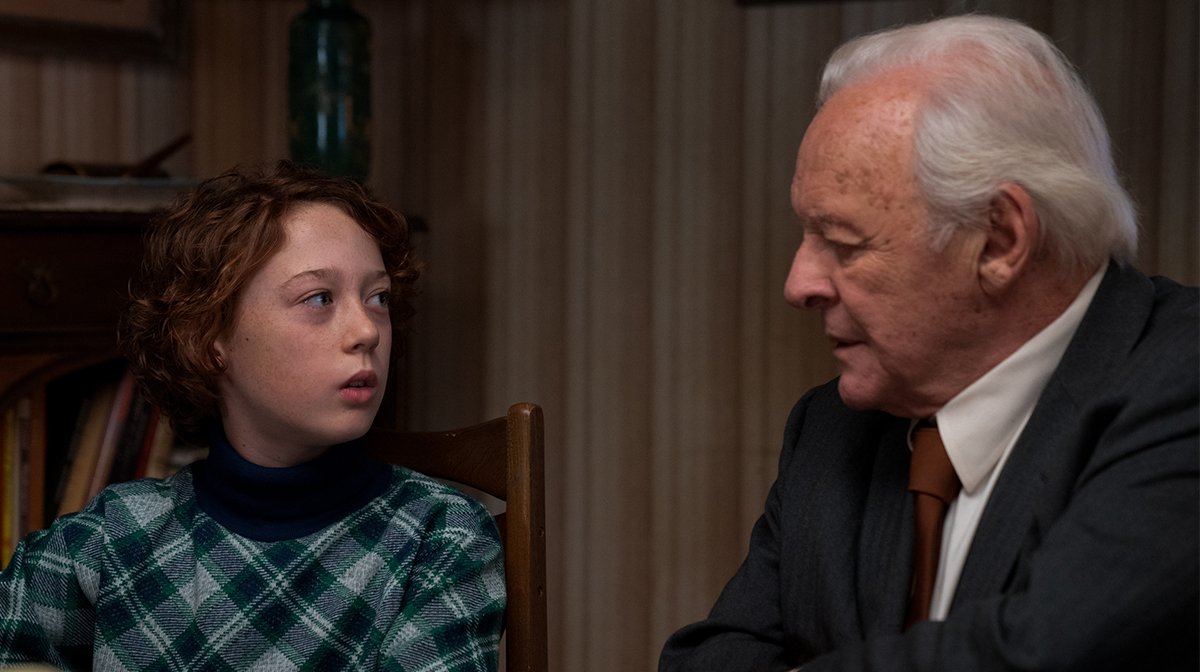
Gray continues by telling us how The Beatles were his idols as a boy, with music playing a crucial role in his childhood. And since Armageddon Time is about the filmmaker’s younger years, the soundtrack is therefore very important.
Paul forms a close friendship with his rebellious Black classmate Johnny (Jaylin Webb), bonding over their shared love of music, introducing each other to new artists – one of which was The Sugarhill Gang, hence the song Rapper’s Delight features prominently.
The title of the movie itself is taken from The Clash’s popular track Armagideon Time, which is a cover of Jamaican singer Willi Williams’ 1977 original.
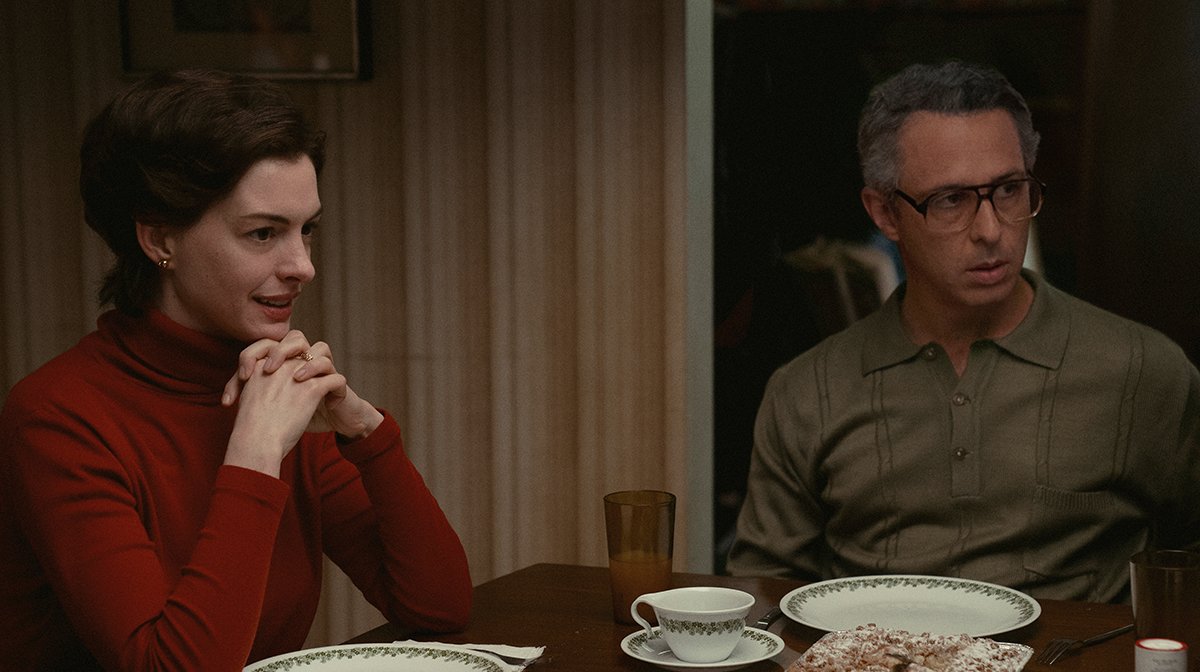
This was the version Gray initially wanted to use, but he felt it didn’t quite fit, so ultimately went with The Clash:
“The Williams version is fantastic, but it’s in a major key and the way he sings it, ‘a lot of people won’t get no supper tonight’, it’s very upbeat, so against picture it looked odd.
"The Clash’s version has Joe Strummer’s rasp and a minor key. They also introduced danger, changing the lyrics, as Williams sings about Jehovah they say, ‘kick it over, no one will guide you’.
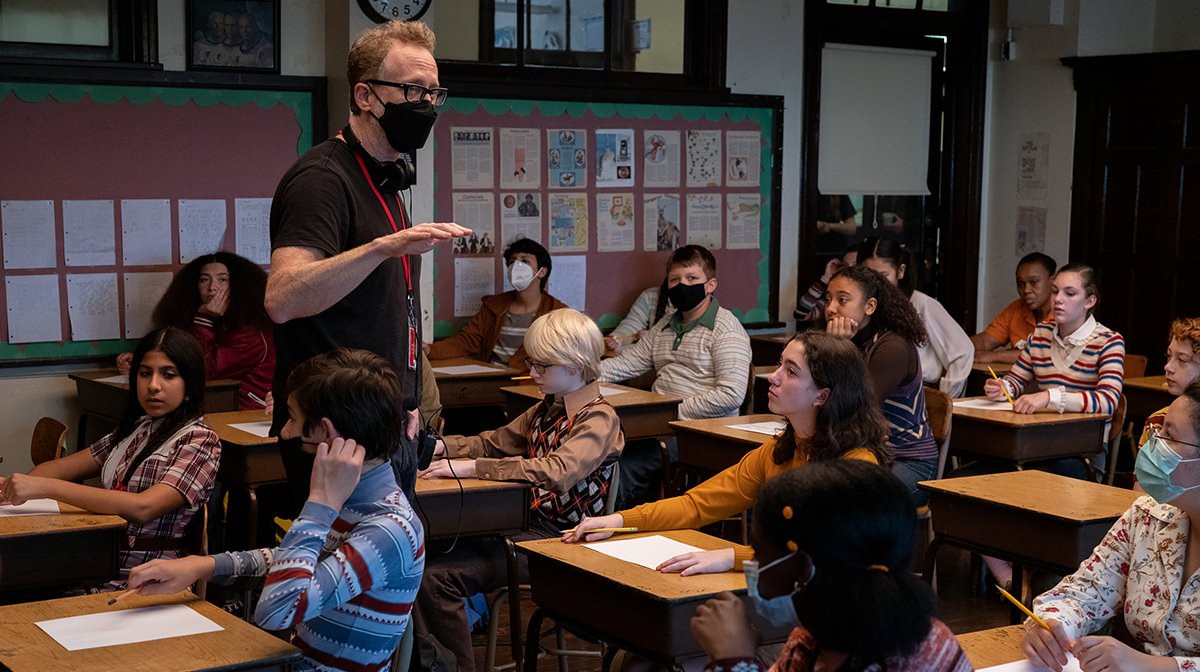
"The song became a social justice anthem, ‘a lot of people won’t get no justice tonight’. I felt it applied directly to the film.
"I’m a huge Clash fan, they had a big presence in New York, and they were a big deal to me as a kid but really, that song, it’s about social justice and that’s why I felt it was important here.”
Now that Gray has brought to the screen his story - one told through music, warmth, and anguish – you may be wondering, where will the director go next, especially as he has already ventured into space and the jungle.
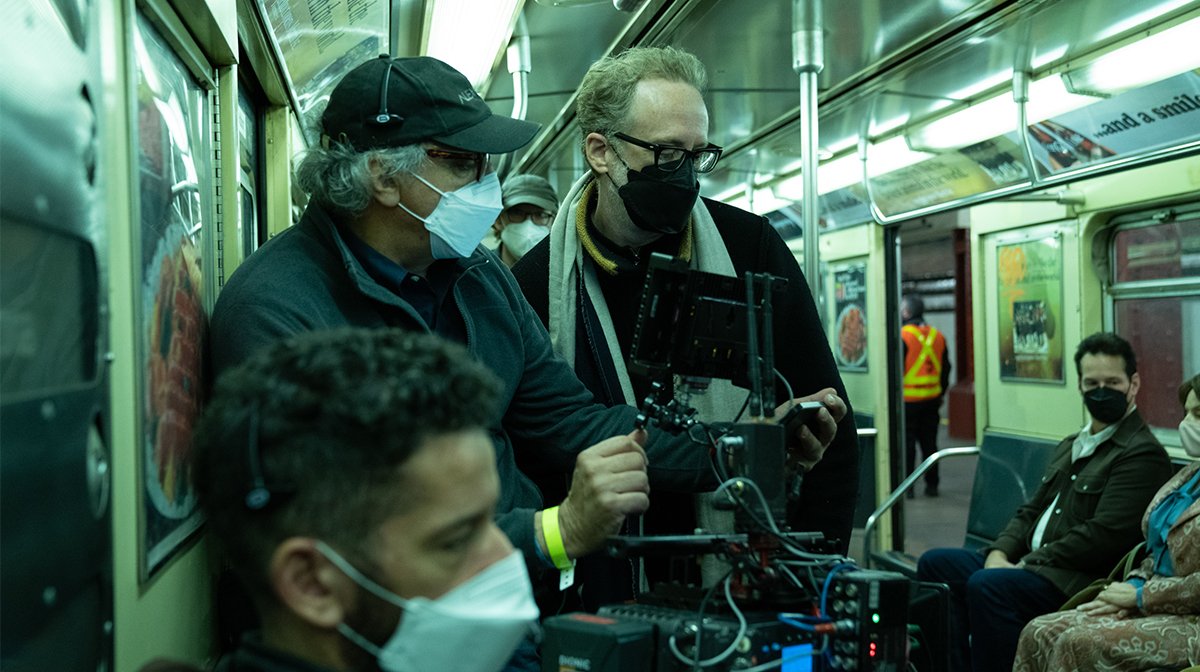
The answer it turns out is The White House, as Gray is set to helm a John F. Kennedy biopic which will look at his path to presidency. We imagine though it won’t be long until he once again returns home, to New York.
Armageddon Time releases in UK and Irish cinemas from 18th November.
For all things pop culture, follow us on Facebook, Instagram, Twitter, and TikTok.

